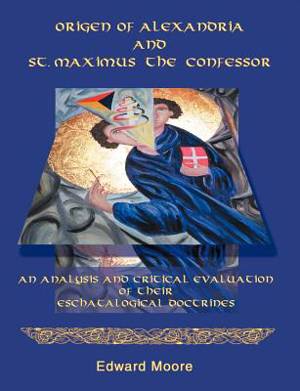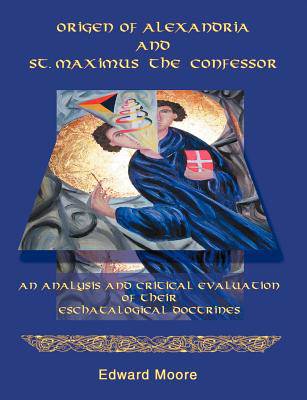
Bedankt voor het vertrouwen het afgelopen jaar! Om jou te bedanken bieden we GRATIS verzending (in België) aan op alles gedurende de hele maand januari.
- Afhalen na 1 uur in een winkel met voorraad
- In januari gratis thuislevering in België
- Ruim aanbod met 7 miljoen producten
Bedankt voor het vertrouwen het afgelopen jaar! Om jou te bedanken bieden we GRATIS verzending (in België) aan op alles gedurende de hele maand januari.
- Afhalen na 1 uur in een winkel met voorraad
- In januari gratis thuislevering in België
- Ruim aanbod met 7 miljoen producten
Zoeken
€ 26,45
+ 52 punten
Omschrijving
The revision of Origen's philosophical theology by St. Maximus the Confessor resulted in an eschatology involving the replacement of the human ego by the divine presence. In this study, I will examine the theological developments that led to this loss of a sense of human freedom and creativity in the face of the divine, tracing the influence of Origen's eschatology through the Cappadocian Fathers, Evagrius Ponticus and others, up to Maximus. This will allow me to show the manner in which Origen's humanistic theology was misunderstood and misinterpreted throughout the Patristic era, culminating in the anti-personalistic system of Maximus. Special attention will be paid to the development of Christian Neoplatonism, and how Christian contacts with the pagan philosophical schools came to have a profound effect on Eastern Patristic theology and philosophy. The final section of this study will suggest some ways in which the history of Patristic eschatology - especially Origen and Maximus - may serve as a fruitful source for contemporary theologians who are concerned with issues of personhood, creativity, and existential authenticity.
Specificaties
Betrokkenen
- Auteur(s):
- Uitgeverij:
Inhoud
- Aantal bladzijden:
- 232
- Taal:
- Engels
Eigenschappen
- Productcode (EAN):
- 9781581122619
- Verschijningsdatum:
- 1/02/2005
- Uitvoering:
- Paperback
- Formaat:
- Trade paperback (VS)
- Afmetingen:
- 189 mm x 246 mm
- Gewicht:
- 421 g

Alleen bij Standaard Boekhandel
+ 52 punten op je klantenkaart van Standaard Boekhandel
Beoordelingen
We publiceren alleen reviews die voldoen aan de voorwaarden voor reviews. Bekijk onze voorwaarden voor reviews.









